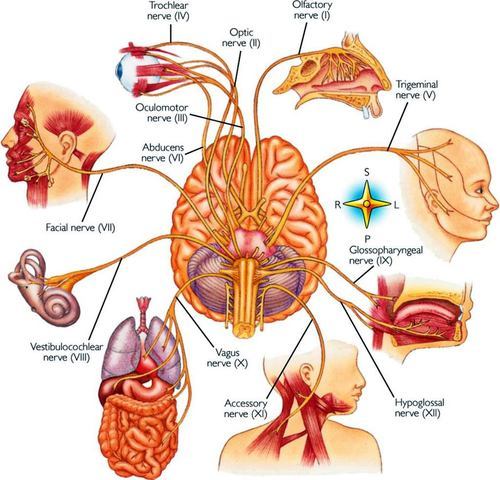I got the official paperwork that indicates that I passed the NPTE! A pass/fail mark appeared on the Federation website about a week after my exam so I didn't have to worry for tooooo long.
One of the most important things that I did was figure out my weaknesses. The review book tells you to do this because you don't want to waste your time reviewing everything.
I'm a picky about how I did this process.
Every time I took a test, I would log in EVERY question that I got wrong in a excel spreadsheet and write in information in 3 different columns.
1) )
area: cardio, pulmonary, medications, ortho, gait, neuro, mus, peds, prosthetics, systems, etc.
2)
lesson learned: in a
few words, what did you learn? IE. backward lean gait deviation usually results from weak gluts.
3)
action: what topic should I concentrate on, "gait deviations," "medications," etc.
Then I would sort the spreadsheet by area and and find out in
cardio, what
kinds of questions am I getting wrong? My action boxes next to cardio had a lot of "arterial vs venous" entries. I kept getting questions that require me to differentiate between arterial and venous insufficiency
wrong so I made a chart.
|
Arterial insufficiency
|
Rubor of dependency. Pain in WB
(weight bearing). Intermittent Claudication. Pain with leg elevated bc
gravity is not helping bring blood to the foot. Less pain in dependent
position bc gravity is helping bring blood to foot.
|
|
Venous insufficiency
|
blah blah blah.
|
You start to build your own study notes, developed to your specific areas of weaknesses.
The spreadsheet helps you methodically go through your test questions to reveal what you need work on. Sometimes the whole NPTE felt so overwhelming but if I can see on a 1-pager the holes in my knowledge, it seemed more obvious how to attack the problem.



